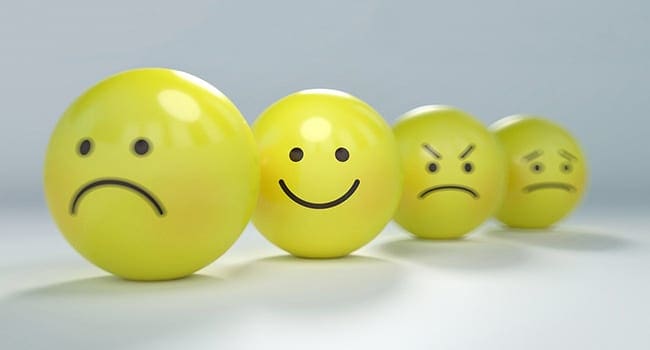 It was 2,400 years ago that Aristotle identified happiness as the goal all people seek – the end of all “why” questions.
It was 2,400 years ago that Aristotle identified happiness as the goal all people seek – the end of all “why” questions.
But is happiness really the point of human life? I ask this question because when we look at history (or even the news today), it is apparent that there are a lot of things that make people happy that are downright evil. Roman citizens would take a break from their busy days to watch gladiators slaughter each other or wild animals chase and eat Christians. Shakespeare’s Globe Theatre was built next to a bear-baiting pit where dogs tore chained and fettered bears to pieces – a 16th century version of wholesome family entertainment. If you look through photographs of lynchings from the American South from as little as a century ago, you can see smiling families eating picnic lunches next to the dangling, mutilated corpses. There is no necessary connection between happiness and goodness.
Maybe, rather than wanting to be happy, we should want to be good.
While I said above that Aristotle identified happiness as the thing everyone is ultimately seeking, he meant happiness in a very specific and not common sense way. Indeed, the Ancient Greek word Aristotle used, Eudaimonia, is actually better translated as “blessedness” – the state of living a full life.
So “happiness,” for Aristotle, is not a passing state of emotion but the state of a whole life. It is the life of a man or woman who has their life correctly ordered towards the best things in life, an all-around excellent human being who has developed the highest human capacities like justice, courage, wisdom, and self-control to their fullest. In modern terms, we would say such a person, while not always happy, is leading a full or meaningful life, one where they are aware of making a positive contribution to the world around them and looking after (to use a classical term) the state of their own soul.
No single state of feeling can be the point of life. Any serious attention to what motivates us makes this clear: while there are drugs that can mimic the state of happiness (or at least pleasure), no reasonable person believes that a life of drunkenness or heroin addiction is a full or worthwhile one.
Robert Nozick, an American philosopher, made this quite clear with his question about an experience machine. Imagine, Nozick says, that there was a machine that could interact with your brain to perfectly simulate reality. Even better, this machine would simulate a reality where your life is filled with pleasure, excitement, and adventure. You would forget, upon entering the machine, that you were in a simulation, and could spend the rest of your days in bliss.
Nozick proposes (and I think my readers will join me in agreeing with him) that no one in their right mind would enter the experience machine and forego living a real life. Though life is risky, and full of pain and loss, we want our happiness to come from real things, not simulations, even if we would not know the difference.
I’d like to propose a better way to think about happiness. Happiness is not something worthwhile in itself but only, at best, a sign of the presence of good things in our lives. Like our sense of taste which alerts us to the presence of nutritious food but can be tricked by processed sugars and saturated fats, happiness can also be fooled. Aristotle recognized this.
The good person is often happy, but they are made happy by good and excellent rather than base or evil things. They are cheered by the first words from a child and, though they may not be saddened, not cheered by the punishment of a deserving criminal. They cultivate friends and seek to make no enemies.
They seek not to be happy, but to be good.
Dana Wilson is a freelance writer based in Edmonton, Alberta.
The views, opinions and positions expressed by columnists and contributors are the author’s alone. They do not inherently or expressly reflect the views, opinions and/or positions of our publication.


